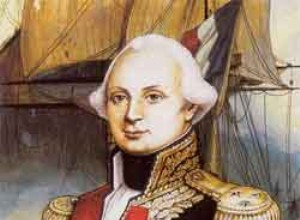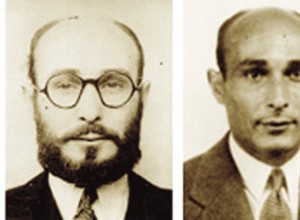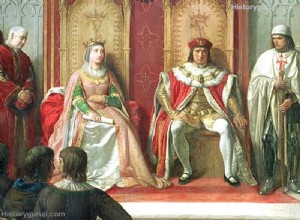VILLARET DE JOYEUSE, Louis-Thomas, count (Auch, May 29, 1748 - Venice, July 24, 1812). Louis Thomas Villaret de Joyeuse (born May 29, 1747 in Auch and died July 24, 1812 in Venice), was a French sailor Before the Revolution Engaged in the kings gendarmes, he had to leave them following a deadly d




